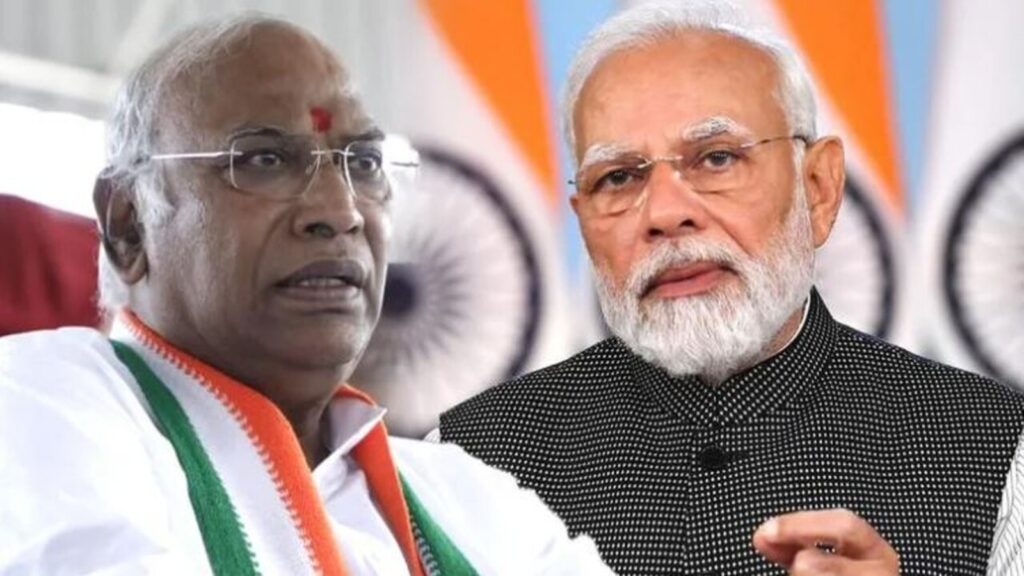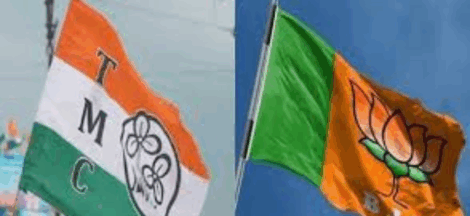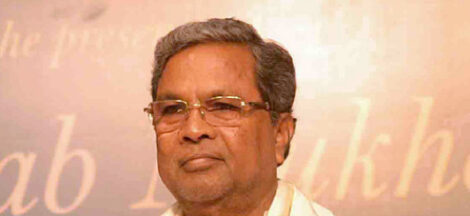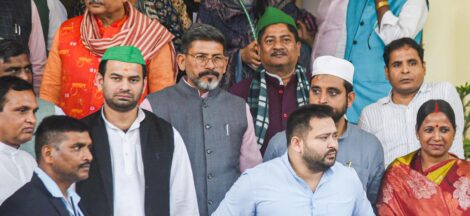Congress President Mallikarjun Kharge has sharply criticised Prime Minister Narendra Modi’s administration, alleging that the country has endured an “undeclared emergency” throughout the government’s eleven-year tenure. Kharge contends that democratic institutions have been systematically weakened, and opposition voices suppressed, under the guise of governance.
In a pointed statement, Kharge accused the Modi government of employing central agencies such as the Enforcement Directorate , Central Bureau of Investigation , and Income Tax Department to target political adversaries. He claimed that 95% of opposition leaders have faced investigations, with several chief ministers imprisoned, suggesting a deliberate strategy to stifle dissent.
Kharge also highlighted instances where elected governments were allegedly toppled through political manoeuvring, undermining the federal structure. He criticised the passage of significant legislation, including the three new criminal laws, without adequate parliamentary debate, noting the suspension of 146 opposition MPs during these proceedings.
The Congress leader further accused the government of relocating statues of national icons like Mahatma Gandhi and B.R. Ambedkar within the Parliament complex without consulting opposition parties, interpreting this as a symbolic disregard for democratic values.
Economic policies were also a focal point of Kharge’s critique. He pointed to the demonetisation initiative and the implementation of the electoral bonds scheme as examples of unilateral decisions taken without consensus, leading to widespread economic disruption. Kharge argued that these actions have eroded public trust and transparency in governance.
On social issues, Kharge condemned the government’s handling of the COVID-19 pandemic, particularly the sudden lockdown, which he claimed left millions of migrant workers stranded and vulnerable. He also criticised the delay in conducting the national census and the government’s silence on the caste census, suggesting a reluctance to address issues of social justice and representation.




